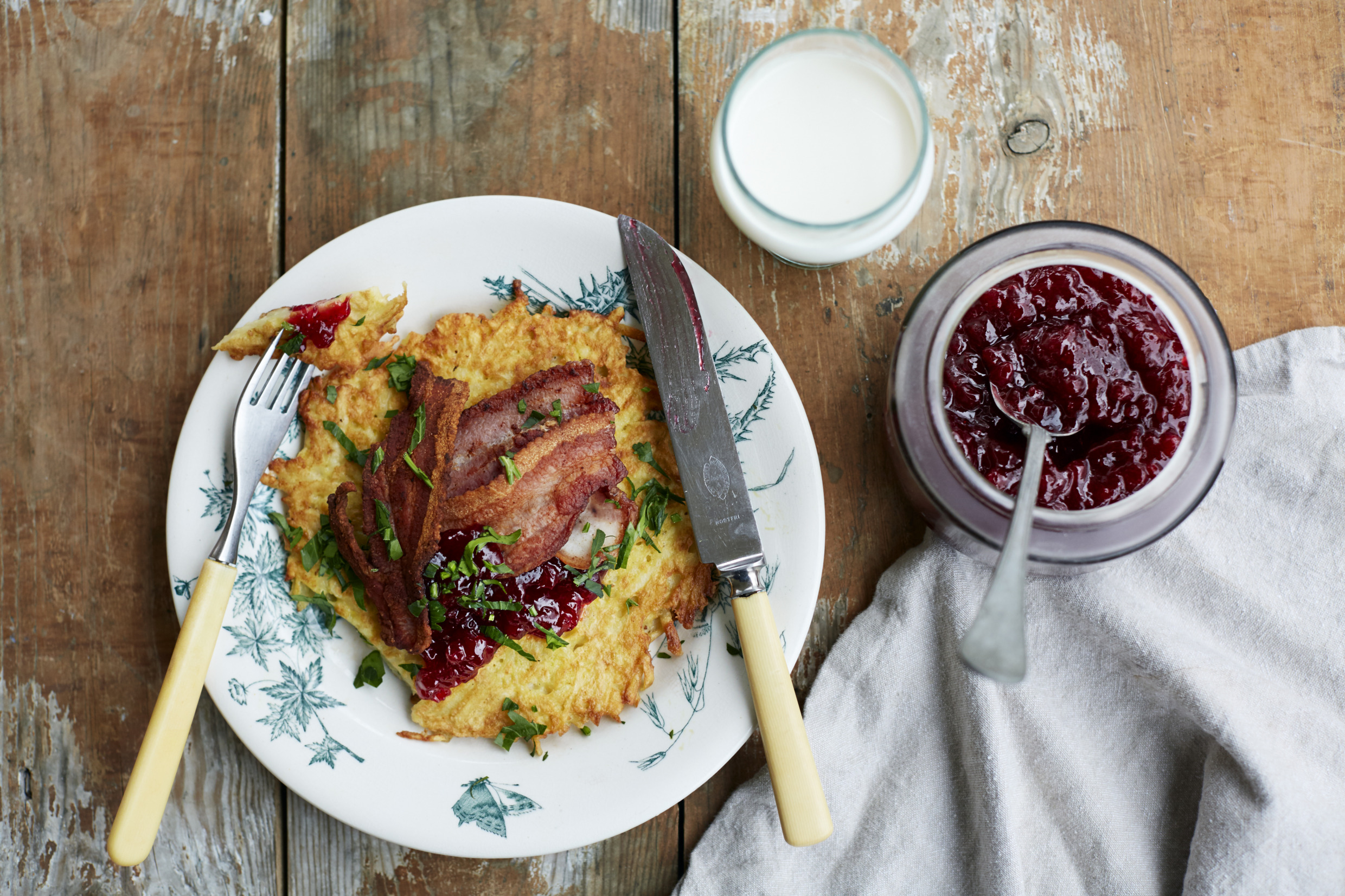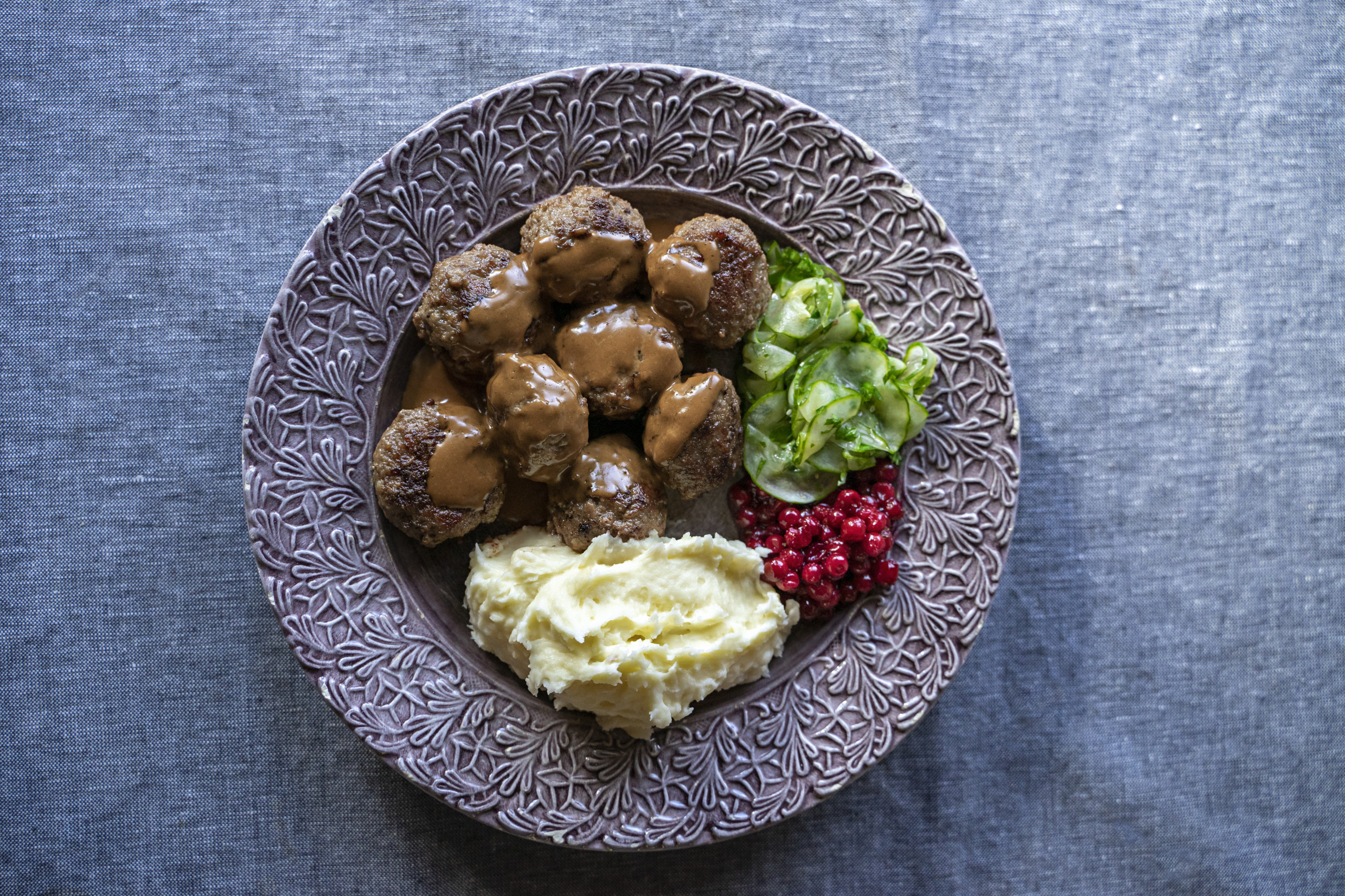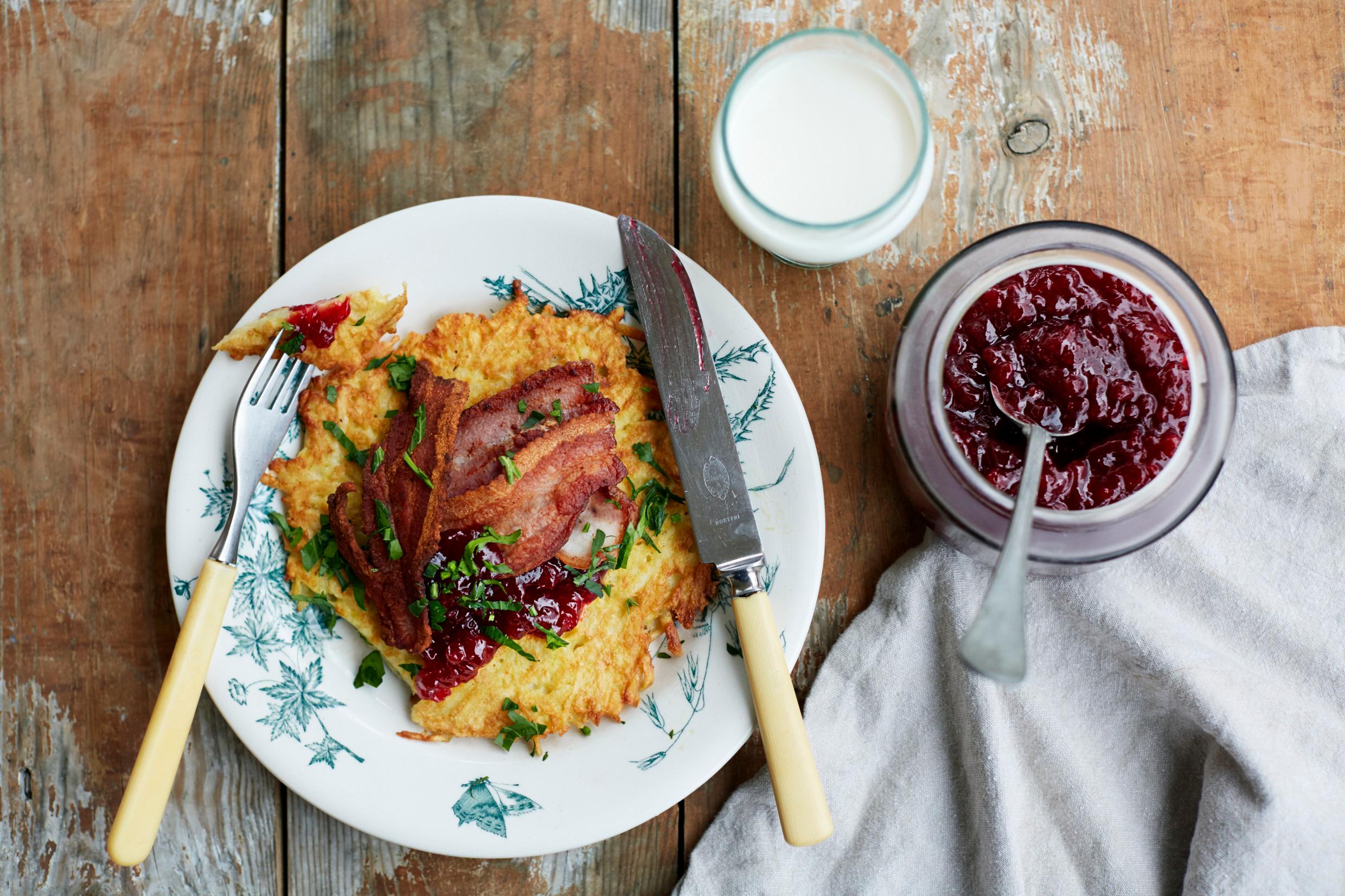“The Swedish diet is very varied with a healthy mix of whole grains, lean protein… a focus on vegetables, berries, fermented dairy.”-Steffi Knowles-Dellner, food writer.
I was curious about Swedish food and didn’t know what to expect. But I quickly learned that Sweden’s food culture is a mix of old traditions and modern flavors. From tasty meatballs to fresh seafood, every dish has its own story. I noticed that Swedish meals often reflect the country’s natural resources. With so many forests, lakes, and the sea, there are plenty of fresh ingredients to choose from.
This creates a variety of dishes that truly celebrate local produce. I also realized that Swedish food is all about simplicity and quality. They use fresh, seasonal ingredients, which makes every bite delicious. As I explored more, I found so many amazing flavors to enjoy. If you’re ready to discover what makes Swedish food special, let’s dive into the tastes of Sweden together!
Traditional Swedish Dishes
Swedish cuisine is rich with history and flavor. Traditional dishes often feature fresh and local ingredients. Many recipes have been passed down through generations. Let’s explore some popular dishes in Sweden.
Meatballs
Swedish meatballs, known as Köttbullar, are a beloved dish. They are typically made from a mix of ground beef and pork. These meatballs are seasoned with salt, pepper, and sometimes allspice. Then, they are pan-fried until golden brown.
Swedish meatballs are commonly served with:
-
Mashed potatoes
-
Creamy gravy
-
Lingonberry sauce
-
Pickled cucumbers
This combination creates a delightful balance of flavors.
Gravlax
Gravlax is a popular Swedish appetizer. It is made from fresh salmon. The fish is cured with a mixture of salt, sugar, and dill. This process takes a few days and results in a flavorful, tender dish.
Gravlax is often served with:
-
Thinly sliced bread
-
Mustard sauce
-
Lemon wedges
The mustard sauce adds a tangy kick to the mild flavor of the salmon. This dish is a favorite at celebrations and gatherings.
Popular Swedish Breakfast Foods
Swedish breakfast is a delightful experience filled with unique flavors. Swedes start their day with a variety of wholesome and delicious foods. Two popular choices are knäckebröd and filmjölk. Let’s dive into what makes these breakfast staples so special.
Knäckebröd
Knäckebröd, or crispbread, is a staple in Swedish breakfast. This crunchy bread has been a part of Swedish cuisine for centuries. Made from rye, it is high in fiber and very healthy. Swedes often top knäckebröd with cheese, butter, or even caviar. Its crisp texture and versatility make it a favorite.
Filmjölk
Filmjölk is a traditional Swedish fermented milk product. It has a tangy taste and creamy texture. Similar to yogurt but less thick, filmjölk is rich in probiotics. Swedes enjoy it with fresh berries, honey, or muesli. It is nutritious and easy to digest, making it a perfect breakfast choice.
Swedish Street Foods
Sweden offers a delightful array of street foods. These foods reflect its rich culinary traditions. Street vendors serve unique, tasty dishes. Many of these treats have become iconic. Below are two popular Swedish street foods you must try.
Tunnbrödsrulle
Tunnbrödsrulle is a traditional Swedish wrap. It consists of soft flatbread filled with mashed potatoes. Inside, you will find a hot dog or sausage. Often, there are toppings like shrimp salad, lettuce, and mustard. This combination creates a flavorful and satisfying meal. Tunnbrödsrulle is perfect for a quick bite on the go.
Langos
Langos is another beloved street food in Sweden. Originally from Hungary, it has become a local favorite. Langos is deep-fried bread dough. It is crispy on the outside and soft inside. Typically, it is topped with sour cream, cheese, and garlic. You can also add other toppings like ham or vegetables. Langos is a delicious snack that many Swedes enjoy.
Swedish Desserts
Swedish desserts offer a delightful mix of flavors and traditions. They are sweet, rich, and often enjoyed with a cup of coffee. Swedish people love their desserts, and many of these sweet treats have a long history.
Princess Cake
Princess Cake, or Prinsesstårta, is a famous Swedish dessert. This cake features layers of sponge cake, pastry cream, and a thick dome of whipped cream. The cake is covered with a layer of marzipan, usually green in color. A pink marzipan rose often decorates the top. The cake is light and sweet, making it a favorite at celebrations. It has been enjoyed for many years and is a symbol of Swedish baking.
Semla
Semla is another beloved Swedish dessert. This is a cardamom-spiced bun filled with almond paste and whipped cream. Traditionally, it is enjoyed before Lent begins. People now eat Semla throughout the year due to its popularity. The bun is soft and flavorful, and the filling is rich and creamy. Many Swedes love to have Semla with a cup of hot coffee. It is a treat that brings joy to many, especially during the cold months.
Seasonal Delicacies
Sweden’s culinary culture is rich and diverse. Seasonal delicacies hold a special place in Swedish hearts. These dishes often highlight the freshest ingredients and traditional cooking methods. Let’s explore some of these unique seasonal foods.
Surströmming
Surströmming is a traditional Swedish dish. It consists of fermented Baltic herring. This dish is famous for its strong smell. Surströmming is usually eaten with thin flatbread and potatoes. Many Swedes enjoy it in late summer. It is an acquired taste, but many locals love it.
Crayfish Party Foods
Crayfish parties, or kräftskiva, are a beloved Swedish tradition. They take place in August. People gather to eat crayfish and enjoy each other’s company. The crayfish are often boiled with dill. They are served cold with bread and cheese. Paper lanterns and bibs add to the festive atmosphere.
Swedish Beverages
Swedish beverages are an important part of the country’s culture. From coffee to traditional festive drinks, Sweden has a rich variety of beverages. These drinks not only complement the food but also reflect Swedish traditions and lifestyle.
Coffee Culture
Swedes love their coffee. Coffee breaks, known as “fika,” are a cherished part of daily life. During fika, people enjoy coffee with pastries or sandwiches. This tradition is about taking a pause and socializing. Most Swedes drink several cups of coffee every day. Quality and flavor are important. Many Swedes prefer strong, black coffee.
Glögg
Glögg is a traditional Swedish drink during the winter months. It’s a hot, spiced wine often enjoyed during Christmas. Glögg can be made with red wine, white wine, or even fruit juice. Ingredients include spices like cinnamon, cloves, and cardamom. Served warm, it often comes with raisins and almonds. This cozy drink is perfect for cold, dark winter evenings.
Popular Holiday Foods
Sweden is known for its rich culinary traditions, especially during holidays. Swedish holiday foods are flavorful, comforting, and rooted in tradition. They bring families together and celebrate the seasons. Let’s explore some popular holiday foods in Sweden.
Julbord
Julbord is a traditional Christmas buffet. It features a variety of dishes, each with unique flavors. Smoked salmon, pickled herring, and cured meats are common. Meatballs, sausages, and liver pâté often make an appearance. The buffet also includes cheeses, breads, and salads. Sweet treats like gingerbread cookies and rice pudding are favorites. This festive feast is a beloved part of Swedish Christmas celebrations.
Midsummer Feast
The Midsummer Feast is another cherished tradition. It celebrates the longest day of the year. Fresh, seasonal foods are key to this summer event. New potatoes, dill, and sour cream are staples. Herring, often pickled, is a must-have dish. Grilled meats and sausages are popular too. Strawberries are the star of Midsummer desserts. They are enjoyed fresh, in cakes, or with cream. This feast is enjoyed outdoors, surrounded by nature.
Regional Specialties
Sweden is a country known for its rich culinary traditions. Each region offers unique flavors and specialties. From the northernmost parts to the southern islands, Sweden’s diverse landscape reflects in its food. Here are some of the most popular regional specialties you should try.
Kalix Löjrom
Kalix Löjrom is a prized delicacy from the northern part of Sweden. Often referred to as “Swedish caviar,” it is made from the roe of the vendace fish. This fish is found in the clean waters of the Bothnian Bay. The roe has a bright orange color and a distinct, delicate flavor.
Kalix Löjrom is often served in fine dining restaurants. It is typically paired with sour cream, red onions, and chives. You can also find it as a topping on blinis or toast. The unique taste and texture make it a favorite among food enthusiasts.
Gotland Truffles
The island of Gotland is famous for its Gotland Truffles. These truffles are one of the most sought-after ingredients in Swedish cuisine. They grow in the limestone-rich soil of the island, giving them a unique and intense flavor. Gotland Truffles are harvested in the fall, making them a seasonal treat.
Chefs use these truffles in various dishes to add a touch of luxury. They are often shaved over pasta, risotto, and even scrambled eggs. The earthy aroma and rich taste elevate any dish they are added to.
For those visiting Gotland, a truffle hunting tour is a must. These tours offer a firsthand experience of how these precious fungi are found and harvested. It is an exciting way to learn more about this regional specialty.
Frequently Asked Questions
What Are Traditional Swedish Foods?
Traditional Swedish foods include meatballs, herring, and gravlax. These dishes are staples in Swedish cuisine. They are often served with lingonberries and potatoes.
What Is The Most Popular Swedish Dish?
The most popular Swedish dish is Swedish meatballs. They are usually served with creamy gravy, lingonberry jam, and mashed potatoes.
What Do Swedes Eat For Breakfast?
Swedes typically eat open-faced sandwiches for breakfast. These sandwiches often include cheese, ham, and vegetables. They are enjoyed with coffee or tea.
What Is Fika In Sweden?
Fika is a traditional Swedish coffee break. It includes coffee and pastries, like cinnamon buns. Fika is a social and relaxing time.
Conclusion
Swedish cuisine surprised me with its rich and diverse flavors. From hearty meatballs to fresh seafood, there’s something for everyone. I loved discovering traditional dishes like gravlax and lingonberry jam, which beautifully reflect Sweden’s history and culture. If you’re visiting Sweden, don’t miss their famous cinnamon buns, called kanelbullar. The flavors are truly unique and unforgettable.
Exploring Swedish food was a delightful culinary journey. Every dish told a story, and I enjoyed every bite. So, if you get the chance, dive into these tasty traditions. Your taste buds will thank you!









